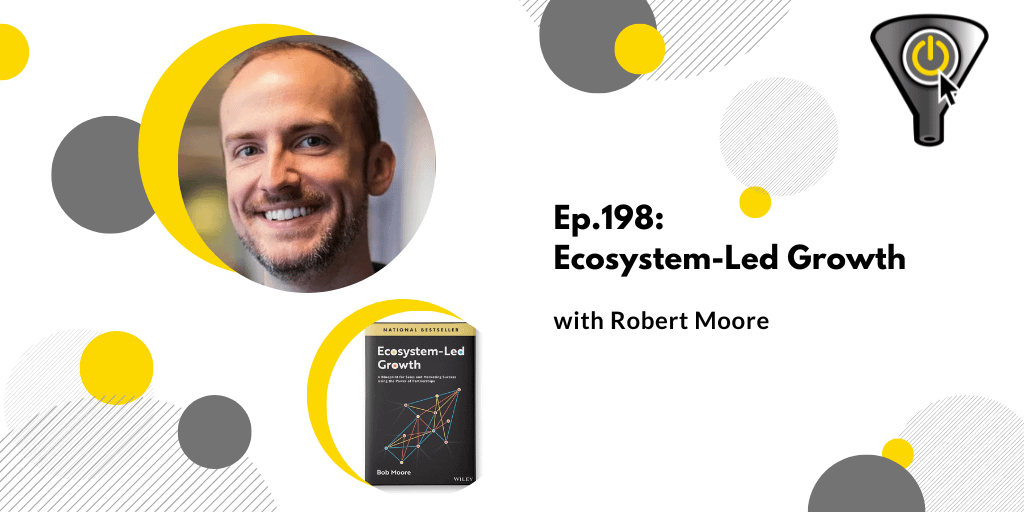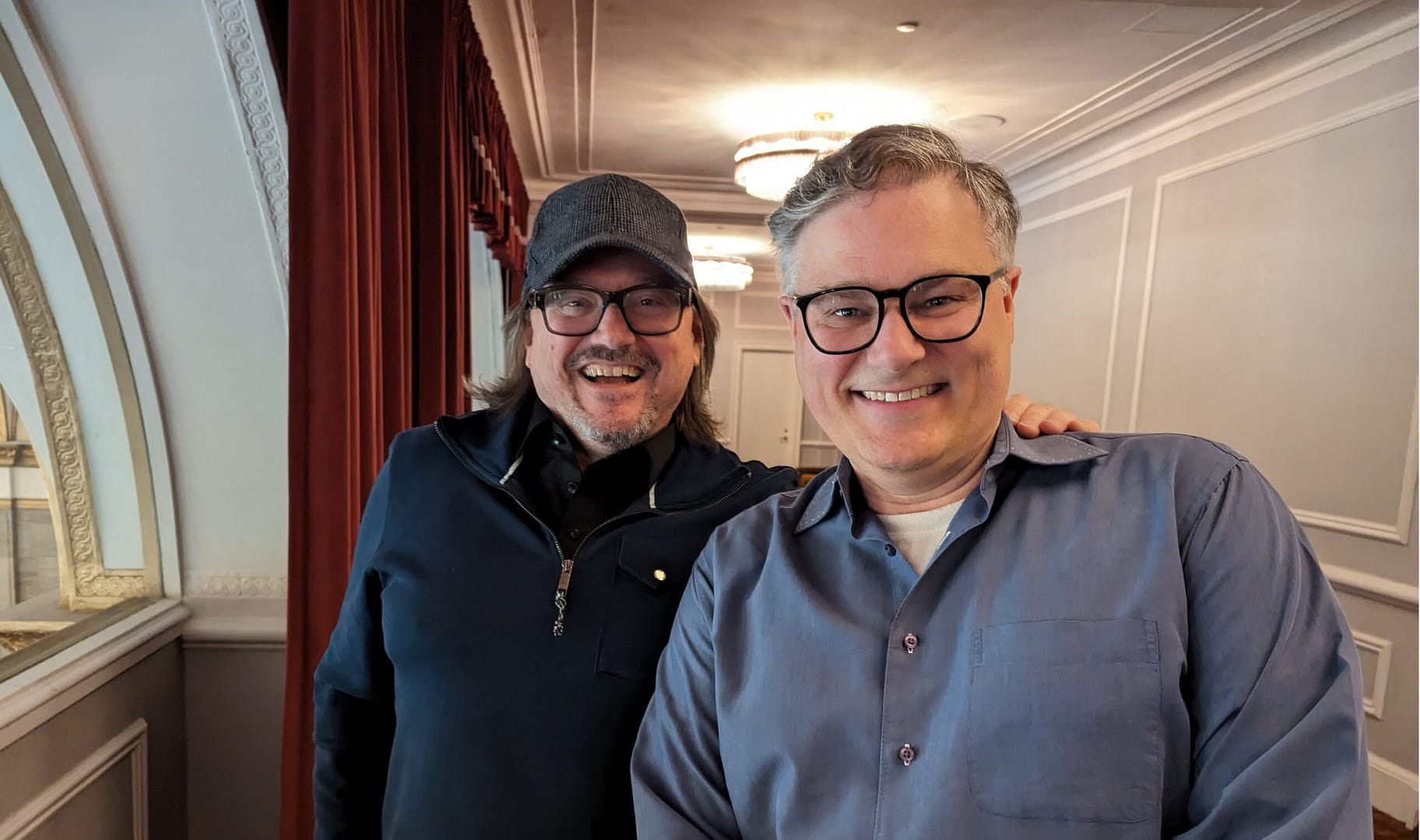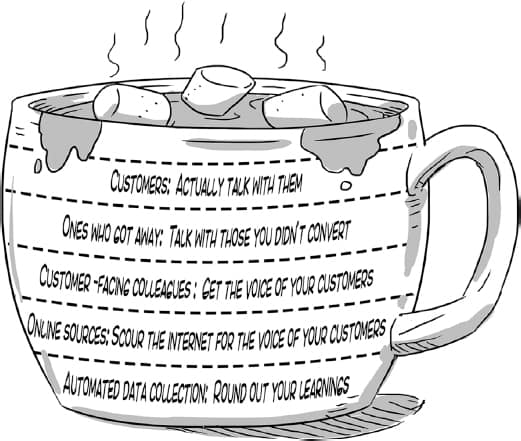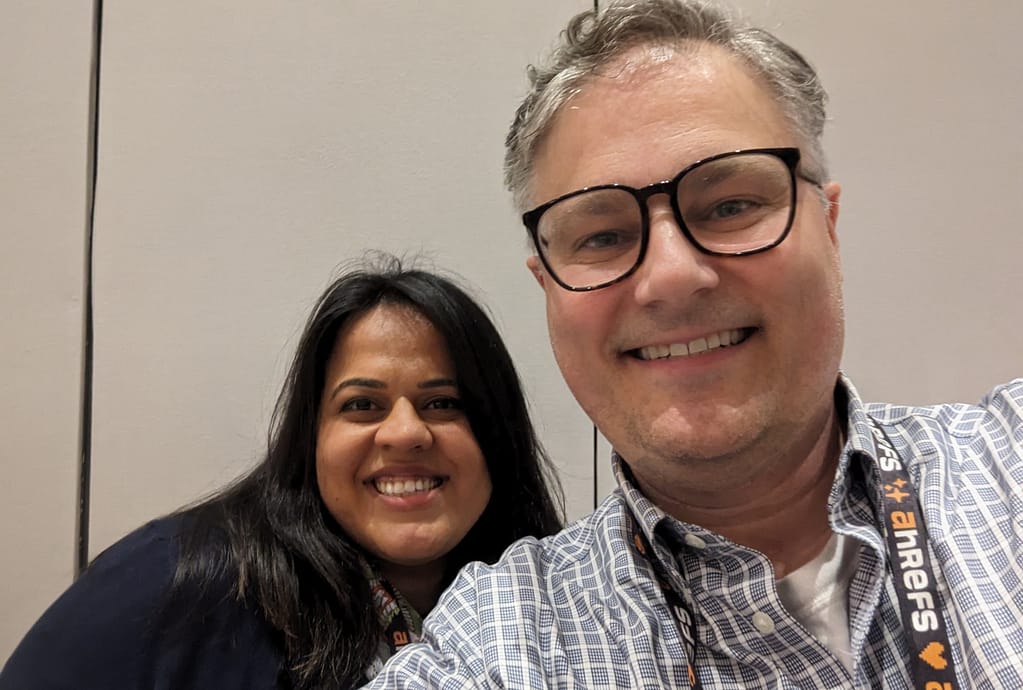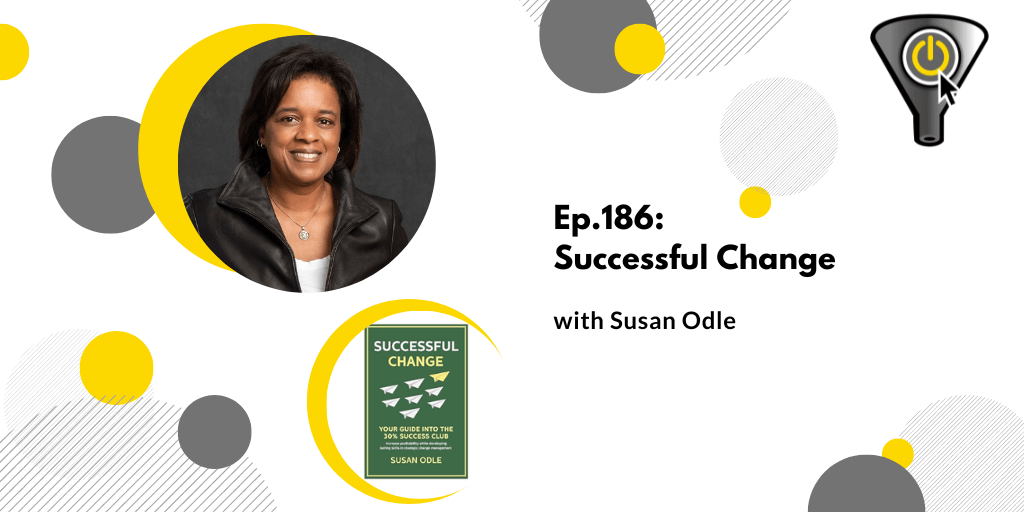Episode 198
A pretty widely held view in the world of B2B products is that sales has gotten harder, not easier. It’s not that buyers aren’t buying. By definition, buying is something they do. But in the example of software, some sales reps won’t even know they were being evaluated, let alone passed up for a rival’s product. Only the winning vendor knows that that account uses them for that specific function in their technology stack. All other companies are in the dark.
But are they really? Another way to look at this is that every vendor has information that could be valuable to others. You can find many buyers stacks with products having some overlap but that largely complement each other. As proof, note that lots of these products even integrate with each other because of buyer demand.
Should vendors consider collaborating with vendors they compete against? Aren’t we supposed to hate the competition?
We don’t have to. A famous example of that was Apple’s announcement in 1997 of the deal it struck with Microsoft. Steve Jobs defended the deal saying “If we want to move forward…we have to let go of this notion that for Apple to win, Microsoft has to lose.”
Zooming to today’s reality, It makes a lot of sense for vendors to collaborate as part of an Ecosystem. By pooling their data together with their indirect competitors, they can see internal buying patterns. Those vendors who hitch their data wagons together get around the ‘nobody talks to our sales rep’ problem, because one of their partners already has the info that rep needs. Using this intel helps them come first in the race for their product to be selected to go in the buyer’s stack.
Our guest today got a Science & Engineering degree from Princeton University and after a stint in the investment world, he dove into co-founding startups. The first was business intelligence platform RJMetrics and the other was cloud data pipeline company Stitch, both of which he saw through to successful exits.
His latest role is as Co-Founder of a platform that safely shares data among companies for this kind of partner-based selling.
Outside of work, He is a Trustee for one of America’s top centers of science education and development And an improv comedy performer, in a team that has performed over 100 shows together.
This husband, father of two, is very proud to call Philadelphia home. Let’s head there now to meet Bob Moore.
Timestamps / Chapters
0:00:00 Intro
00:03:46 Bob’s thesis on how sales is broken
00:11:21 Ecosystems are cause for hope
00:26:13 PSA
00:26:53 Revamping corporate partner practices
00:31:38 Pooling together data
00:55:06 Contacting Bob
People/Products/Concepts Mentioned in Show
Bob is formerly Co-founder of Stitch Data
Bob is currently CEO at Crossbeam


